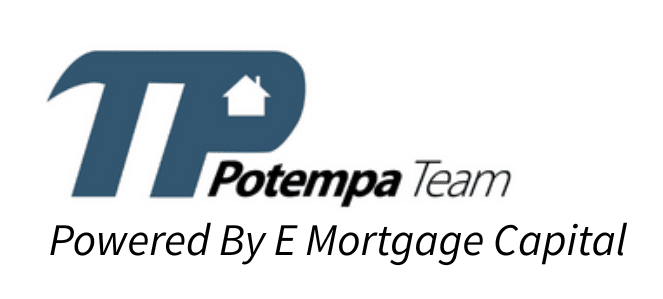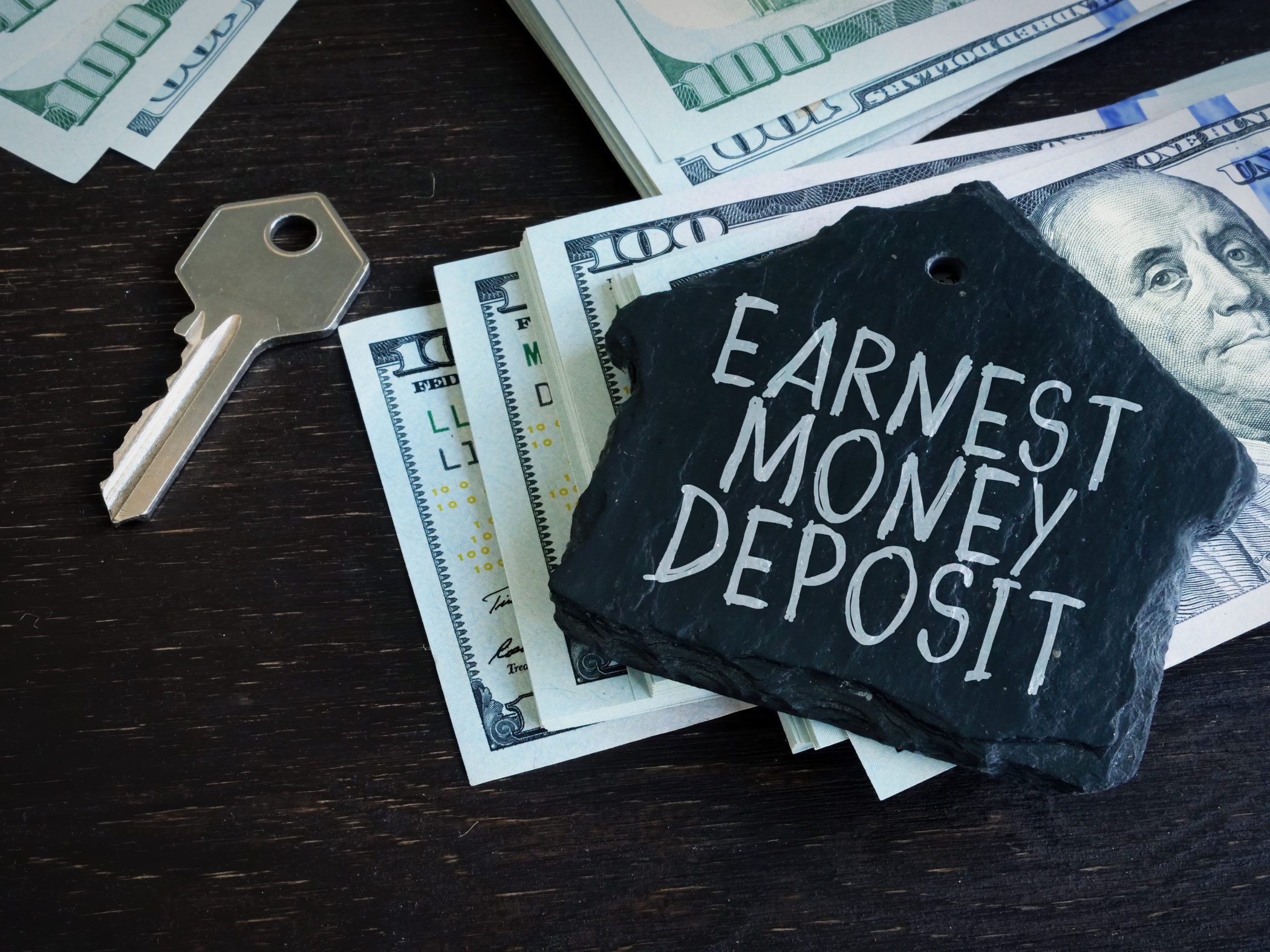You’re ready to buy a home and you’re ready to make an offer. It’s time to enter into a contract. Before the seller withdraws the house from the market, they need to know that you’re serious about the purchase contract. An earnest money payment is a sort of deposit you pay on your house to demonstrate that you’re legitimately serious about buying the home.
Earnest money payments get the attention of sellers and let them know you intend to buy the home. It can be delivered as part of the offer or when you sign the purchase agreement. When the offer is accepted, a contract is made to refund the earnest money or roll it into the purchase price of the home.
Why is Earnest Money Important?
When you’re trying to buy a house in a seller’s market where buyers are competing for the chance to buy a home, an earnest money deposit is a crucial tool to securing your home. It protects both the seller’s and the buyer’s interests in the deal and proves to the seller that if they agree to take the house off the market, the buyers will indeed purchase the home.
In an extreme seller’s market like today’s, a large deposit encourages the seller to choose your offer over those of other prospective buyers. When competing for a house with other buyers or trying to get contract terms that are more favorable, a weighty earnest money deposit opens doors.
When buying a property with high demand, a considerable deposit compels the seller to select your offer over others. You may also get more favorable contract terms by making a larger payment. Some new home buyers worry their earnest money payment won’t be returned, but the payment is handed over to the seller along with a contract. To accept the money, the seller must sign the contract stating they’re selling the house to the buyer and the money is to be used towards the purchase of the home.
How Much Should an Earnest Money Deposit Be?
A real estate agent can help guide you through the process of making an earnest money payment through an escrow account. It can be made with a certified or personal check or wire transfer. The money is to remain untouched until closing on the house is finished and the money is used towards the down payment on the home or returned in cash.
If you’re buying a home in a very hot market, the earnest money should be a sufficiently large payment. Some agents suggest up to 10% of the purchase price. If the home is in poor shape or there aren’t other offers on the property, a much lower earnest money payment of 1-3% is fine. Some sellers in hot markets set automatic filters to screen offers of less than 10%.
Dangers of Earnest Money Payments
The contract you send the seller that goes along with the payment outlines what happens to the money if the sale fails or the offer is rejected. Buyers can get their earnest money back if the reason the sale is failing is outlined in the contract.
You can lose your earnest money deposit under certain circumstances. If you change your mind and back out of the contract without having a protected reason under the contract, you’ll lose your earnest money. If you waive your financing and inspection contingencies and the home is too far gone to repair or your bank won’t finance a home in that condition, you could lose your deposit. Don’t waive contingencies unless you fully understand the consequences. Another way you can lose your deposit is to fail to close on the property by the date outlined in the contract. Timeliness is crucial.
Purchasing a home is a big decision with life-changing consequences. If you’re prepared to purchase a home, a Potempa Team member is ready to help you get started today.





